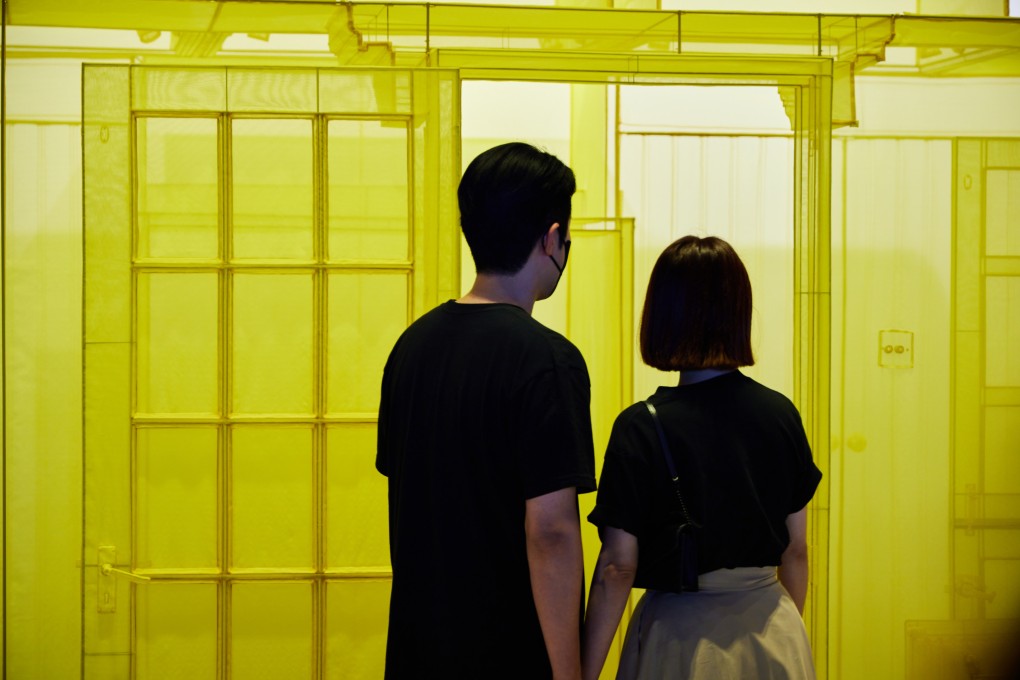K-pop, K-dramas, K-movies, now art: is Seoul the cultural hub of Asia? Frieze art fair’s debut there at least suggests South Korean capital can be regional centre for art trade
- Does the success of Frieze Seoul make the South Korean capital Asia’s cultural hub, as its mayor says? It certainly affirms its role in the global art market
- With 450 registered galleries, and international players favouring Seoul for its ‘feeling of stability’, the capital’s art scene looks set to continue growing

At a dinner on the Floating Island in Seoul’s Han River on September 3, the city’s mayor, Oh Se-hoon, proudly told guests about a recent Wall Street Journal article with the headline: “Seoul – Not Hong Kong – Is the Newest Art Capital of the World”.
“It was my master plan to make us the cultural hub of Asia by 2030, but we have already seen this come to light,” he said at the VIP event hosted by the city government in honour of the first Frieze art fair held in Asia.
Frieze, the London-based international art fair organiser, is a major player in an industry estimated by Arts Economics, a research firm, to have accounted for US$10 billion (HK$78.5 billion) in art sales in 2021.

The launch of Frieze Seoul, which has signed a six-year contract with the COEX convention centre, is being heavily promoted as a marker of maturity and confirmation of the South Korean capital’s potential as an international art trading centre, just as Art Basel did for Hong Kong when it arrived in 2013.
Over 70,000 people visited Frieze Seoul, which ran from September 2-5, to see a wide range of contemporary art presented by 110 galleries that included some of the biggest dealers in the world.